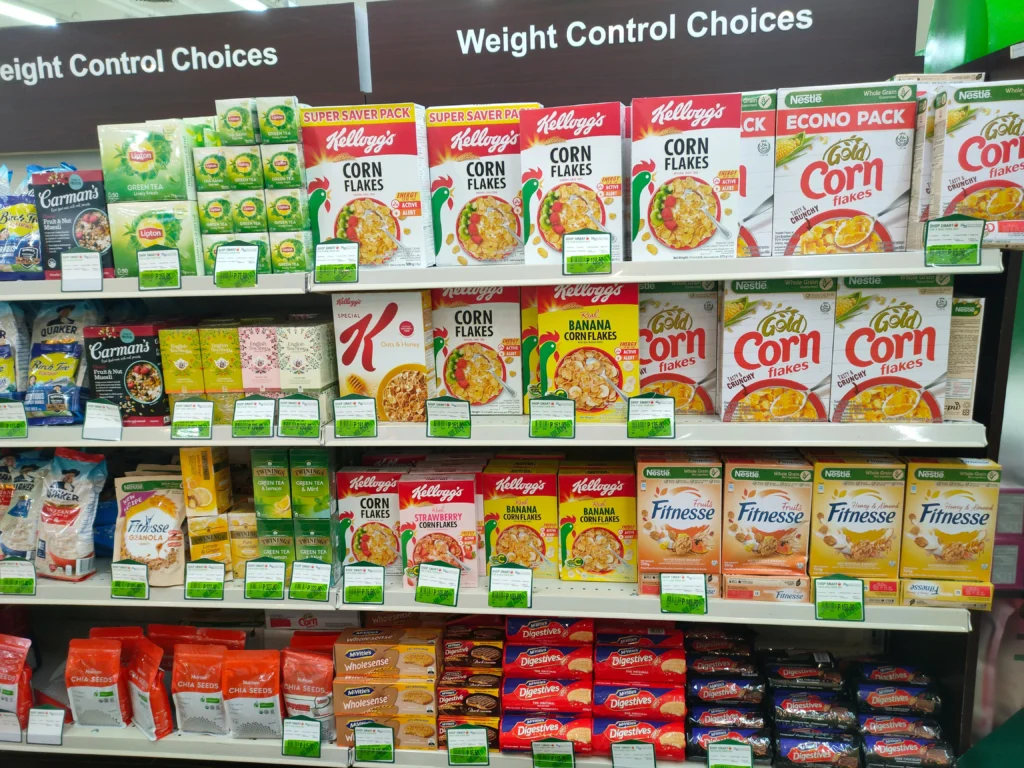
In findings CPG brands can’t ignore, a new Lifesum survey shows most Americans are fed up with ultra-processed foods, concerned about their health effects and in favor of stricter regulation
Ultra-processed foods (UPFs) now make up more than 60% of the American diet, and the vast majority of people (74%) believe they’re paying the price, according to a new survey from AI-powered nutrition platform Lifesum. But the key takeaway? Most can’t identify one on a food label.
The platform’s findings, based on a nationally representative survey of 5,000 adults conducted in June, highlight a growing disconnect between consumer awareness and food literacy. Nearly half of Americans surveyed believe they’re addicted to ultra-processed foods, while 63% say figuring out what qualifies as one is more confusing than filing their taxes.
Efforts to cut back haven’t fared much better. Fifty-nine percent of respondents said they’ve tried and failed to eliminate UPFs, citing cravings, convenience and uncertainty about what to eat instead as the biggest hurdles. Perhaps most surprising: foods often marketed as “better-for-you”, such as oat milk, protein bars and plant-based meats, ranked high among so-called UPF offenders. Seventy-six percent of respondents didn’t realize these products fall under the label, while only 11% said they feel confident identifying a UPF on a nutrition label.

“We’re not just dealing with a nutrition crisis — this is a full-blown mental health and societal crisis,” Lifesum lead nutritionist Signe Svanfeldt said. “People know ultra-processed foods are harming them, but they’re overwhelmed, misled by marketing and left without clear, actionable guidance.”
The consequences go beyond confusion. Seventy-four percent of respondents said UPFs negatively impact their mood, energy, focus or burnout levels, while 45% believe their mental health struggles may be linked to what they eat. In response, Lifesum is expanding its focus on mental health and burnout through a new partnership with U.K.-based fitness app Fiit.
The survey also reveals growing support for regulation, a signal that CPG brands may want to watch closely. Eight in ten respondents said food manufacturers should be legally required to label UPFs, while nearly one in three believe the products should be regulated like tobacco. Support for health warnings is also strong, with 68% in favor.
Parents appear especially concerned. Eighty-one percent said they want their children to mostly or entirely avoid UPFs.
“This isn’t about blame — it’s about empowerment,” Svanfeldt said. “Americans are asking for transparency, education, and tools to help them make better choices without shame or confusion. That’s where tech like AI-powered food tracking can make a real difference.”
The survey follows a late 2024 study showing that eating high UPF intake may increase fat inside the muscles and could compromise muscle quality and increase the risk of knee osteoarthritis.
Lifesum, for its part, confirmed its support for mandatory front-of-pack labeling, national awareness campaigns and tech-enabled tools such as AI-driven food transparency to give consumers a clearer understanding of what they’re eating.
